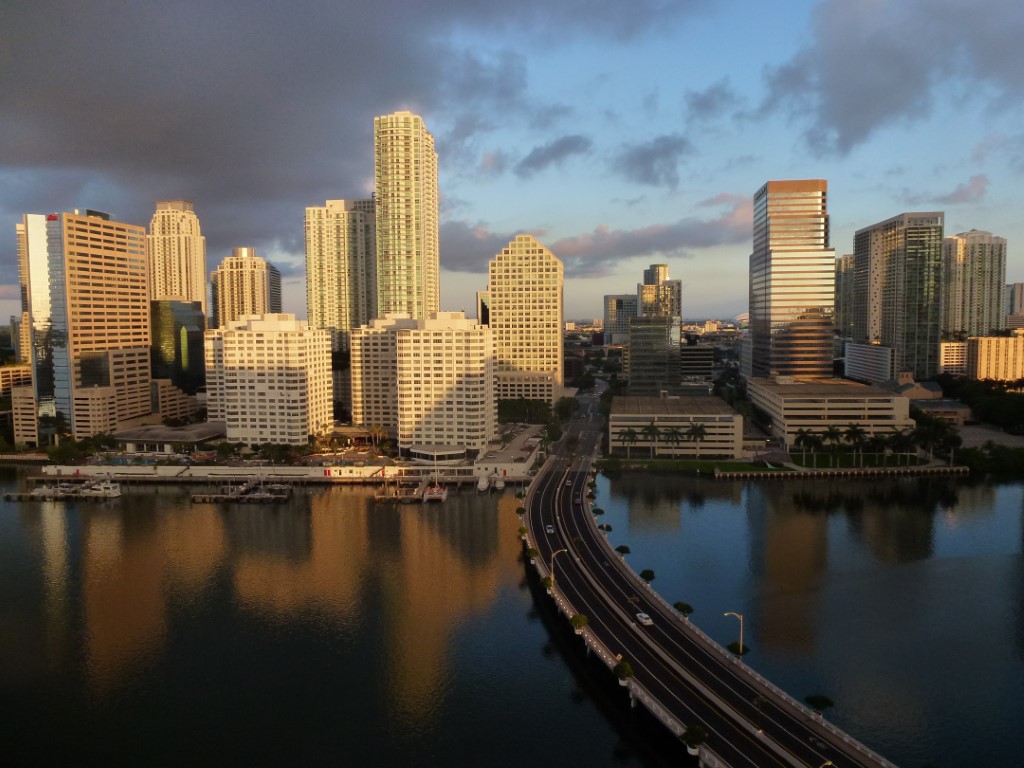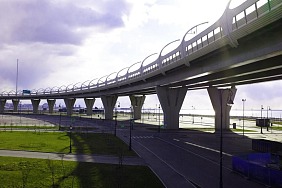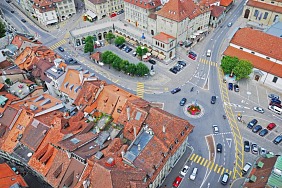Working remotely as a digital nomad can be a rewarding experience, but it can also be a challenge. To be successful, digital nomads must build an online presence that allows them to find remote jobs, stay productive, and stay connected with their peers. In this article, we’ll explore the secrets to building a successful digital nomad website.
Create a Professional Website
When building a digital nomad website, the first step is to create a professional-looking website that reflects your personality and expertise. Your website should include an “About” page, a portfolio page, and a blog. These pages will give potential employers, clients, and peers a good impression of who you are and what you can do.
Your website should also have a clear and concise navigation that allows visitors to find what they need quickly and easily. Include social media links so that visitors can connect with you on other platforms. Finally, use a modern design that is easy to read and looks professional.
Optimize for Search Engines
Your website should also be optimized for search engines. Start by selecting a domain name that is relevant to your business. Make sure the domain name is easy to remember and type. Next, create content that is relevant to your target audience. Include keywords that are relevant to your business in your titles, content, meta descriptions, and image descriptions. Finally, submit your website to search engines like Google, Yahoo, and Bing.
You should also create backlinks to your website from other websites. Backlinks are links from other websites that direct visitors to your website. This helps to increase your website’s visibility and search engine rankings. You can create backlinks by publishing guest posts on other websites, participating in forums, and creating content that other websites are likely to link to.
Utilize Social Media
Social media is an important tool for digital nomads. Utilize social media platforms like Twitter, Facebook, Instagram, and LinkedIn to promote your website, connect with potential employers and clients, and stay connected with peers. You can also use social media to create content that is relevant to your target audience and to share blog posts, job opportunities, and other useful information.
It’s important to keep your social media accounts professional and up-to-date. Make sure your profile photos, bios, and posts all reflect your professional brand. Finally, be sure to respond to comments, messages, and inquiries quickly and professionally.
Stay Organized and Productive
As a digital nomad, it’s important to stay organized and productive to ensure that you’re completing projects on time and meeting deadlines. To stay organized, use a task management system like Asana, Trello, or Todoist. These systems allow you to create tasks and assign them to yourself or other people. You can also set deadlines and prioritize tasks.
To stay productive, it’s important to create a routine and stick to it. Set aside specific times for working, and take breaks throughout the day. Finally, make sure that your workspace is comfortable and organized. This will help you stay focused and productive.
Conclusion
Building a successful digital nomad website requires planning, effort, and creativity. To create a website that stands out from the crowd, create a professional website, optimize it for search engines, utilize social media, and stay organized and productive. With the right strategies, you can create a successful digital nomad website that will help you find remote job opportunities, stay productive, and stay connected with your peers.














